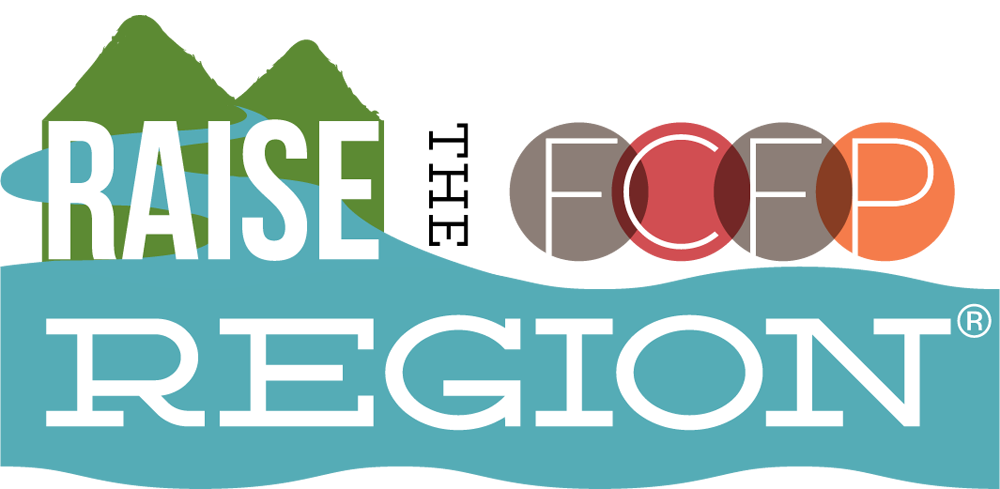POPS
THE MUSIC OF
IRVING BERLIN
May 10 and 11, 2019
7:30 pm
Weber Auditorium
Susquehanna University
Selinsgrove
Hosted by our returning emcee, Fred Hooper.
Sponsors: Charles B. Degenstein Foundation; and Charles and Betty Degenstein Foundation
Co-Sponsors: Patricia and James Apple; The John Family Foundation; CSSI Technologies; and Wood-Mode, Inc.
Program Notes by Gary Boerckel
Professor Emeritus Lycoming College
“Irving Berlin has no place in American music. He is American music.”
Jerome Kern, composer of Show Boat.
He composed only in the key of F-sharp–the “black note” key beloved of those who play by ear–on a specially constructed piano with a lever that allowed him to play in any key while still stroking the black notes, yet he wrote more songs that won a lasting place in the memories of millions of Americans than his better-trained competitors. A five-year old immigrant who came to New York City with his family in 1893, he shook off poverty with hit after hit and left his adopted countrymen the words that most consoled them in the desperate days after 9/11– God Bless America. Jerome Kern was not his only admirer. Violinist Isaac Stern said “The career of Irving Berlin and American music were intertwined forever–American music was born at his piano.” George Gershwin called him “the greatest songwriter that has ever lived.”
In 1909, Irving Berlin was employed as a staff lyricist for the Ted Snyder publishing. At first, he wrote lyrics for other composers’ tunes, but he was soon writing melodies of his own. Ragtime was the craze, and Berlin complied with Yiddle on Your Fiddle and Play Some Ragtime [1909]; Stop That Rag and Dat Draggy Rag [1910]; and Ragtime Violin [1911]. Then Alexander’s Ragtime Band [1911] sold a million and a half copies, and Irving Berlin was recognized as one of the finest songwriters on Tin Pan Alley, the music publishing district of New York City. The popular dance team, Vernon and Irene Castle, commissioned the score for Berlin’s first musical show, Watch Your Step [1914] that ran for almost 200 performances at Broadway’s New Amsterdam Theatre before beginning a national tour. Play a Simple Melody [1914] is the best-known of the songs from Watch Your Step. It was the first of Berlin’s “double” songs, in which two melodies may be sung simultaneously.
After World War I ended, Broadway showman Florenz Ziegfeld asked Berlin to write songs for his 1919 version of The Ziegfeld Follies. A Pretty Girl is Like a Melody [1919], one of Berlin’s greatest ballads, was the hit of that season and became the theme song for all subsequent Ziegfeld Follies. Another popular ballad, What’ll I Do? [1924], was written for Berlin’s own performance space, the Music Box Theatre on West 45th, constructed for Berlin and producer Sam H. Harris in 1921. The Music Box was built to stage Berlin’s musicals, beginning with the Music Box Revue [1921]. The Gershwins’ Of Thee I Sing opened there in 1931 and Steinbeck’s Of Mice and Men [1937] was one of many dramas that played The Music Box. Berlin’s most successful Music Box musical was As Thousands Cheer [1933] featuring Easter Parade.
Irving Berlin’s relationship with Hollywood began with one of the first “talkies”, The Jazz Singer [1927], in which Al Jolson sang Blue Skies, written the year before for the Rodgers and Hart musical Betsy. Fred Astaire and Ginger Rogers often danced on-screen to Berlin songs. Cheek to Cheek [1935] was composed for the motion picture Top Hat [1935] and Let’s Face the Music and Dance [1936] was the hit song of Follow the Fleet [1936]. I’ve Got My Love to Keep Me Warm [1936] was introduced in the musical film On the Avenue [1937] starring Dick Powell and Alice Faye. It was not originally connected with Christmas, but over the years it became a holiday standard. Bing Crosby gave the first public performance Berlin’s classic White Christmas [1941] on his radio program, The Kraft Music Hall, on Christmas Day, 1941.
Hollywood and Broadway continued to welcome songs by Irving Berlin in the years after World War II. In 1948, MGM’s Easter Parade starring Fred Astaire and Judy Garland was based on Berlin’s song hit from 1933, but it introduced some of his newest tunes, including Steppin’ Out with My Baby [1948], which later became a jazz standard. Annie Get Your Gun [1946] was Irving Berlin’s greatest Broadway success. It opened at the Imperial Theatre (the Music Box was too small) and ran for more than three years. Several of the songs from the show became hits, including There’s No Business Like Show Business [1946], the song that will be forever associated with the musical’s first Annie Oakley–Ethel Merman.
God Bless America [1918] was originally intended to be part of Yip, Yip, Yaphank, but Berlin ultimately pulled the song, believing it to be out of place in that broadly comic show. Twenty years later, as Europe stood on the brink of war, he decided to introduce God Bless America as a hymn to peace and Kate Smith gave the song its first public performance on her radio show on November 11, the twentieth anniversary of the armistice that concluded World War I. Both President Roosevelt and his opponent, Wendell Willkie, used God Bless America as their campaign song in 1940–surely the only time that ever happened! On the evening of September 11, 2001, members of the U. S. Congress began singing God Bless America on the steps of the Capitol, an inspiration repeated countless times across the nation during the following months.



